What Are ‘Velcro Kids’? The Parenting Trend Every Millennial Should Know About
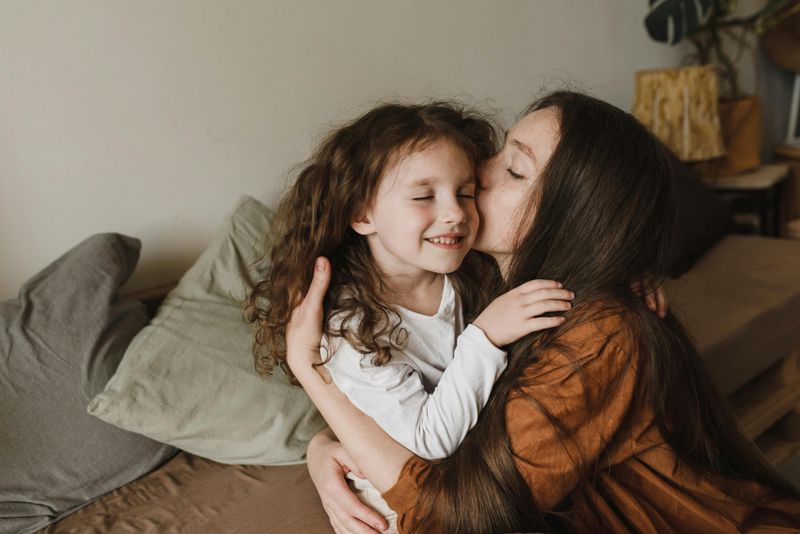
Parenting has always evolved with each generation, but millennial parents seem to be rewriting the rules entirely. They’re the first to grow up in a digital world, the first to experience helicopter parenting firsthand, and the first to blend emotional awareness with hands-on involvement. And that combination has created something new: the “Velcro kid.”
1. What “Velcro Kids” Actually Are
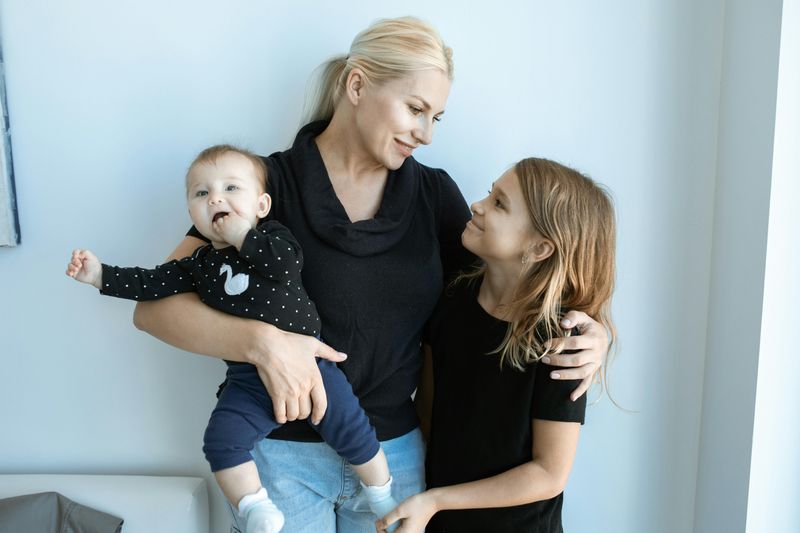
The nickname “Velcro kids” paints a vivid picture — children who stick to their parents like, well, Velcro. They might cry when dropped off at school, struggle with solo play, or constantly seek comfort and attention.
Unlike regular attachment, this behavior leans more toward dependency. These kids often need emotional reassurance even in low-stress situations, making it hard for them to navigate the world without their parents nearby.
Still, their behavior often stems from deep feelings of safety and love. When you look closer, a “Velcro kid” isn’t a spoiled child — it’s a secure one who’s gotten used to having a parent always available.
2. Why Millennials Are More Attached to Their Kids

No generation before has been so intentional about parenting. Millennials are reading books, listening to podcasts, and building parenting philosophies around emotional intelligence and gentle communication.
That effort often leads to a strong sense of connection — maybe a little too strong. Many millennial parents want to be the opposite of the “because I said so” parents they grew up with, ensuring their kids always feel seen and supported.
It’s not surprising then that their children learn to depend on that attention. When a parent is always tuned in, a child may not get many chances to build confidence on their own.
3. Technology Keeps Families Constantly Connected
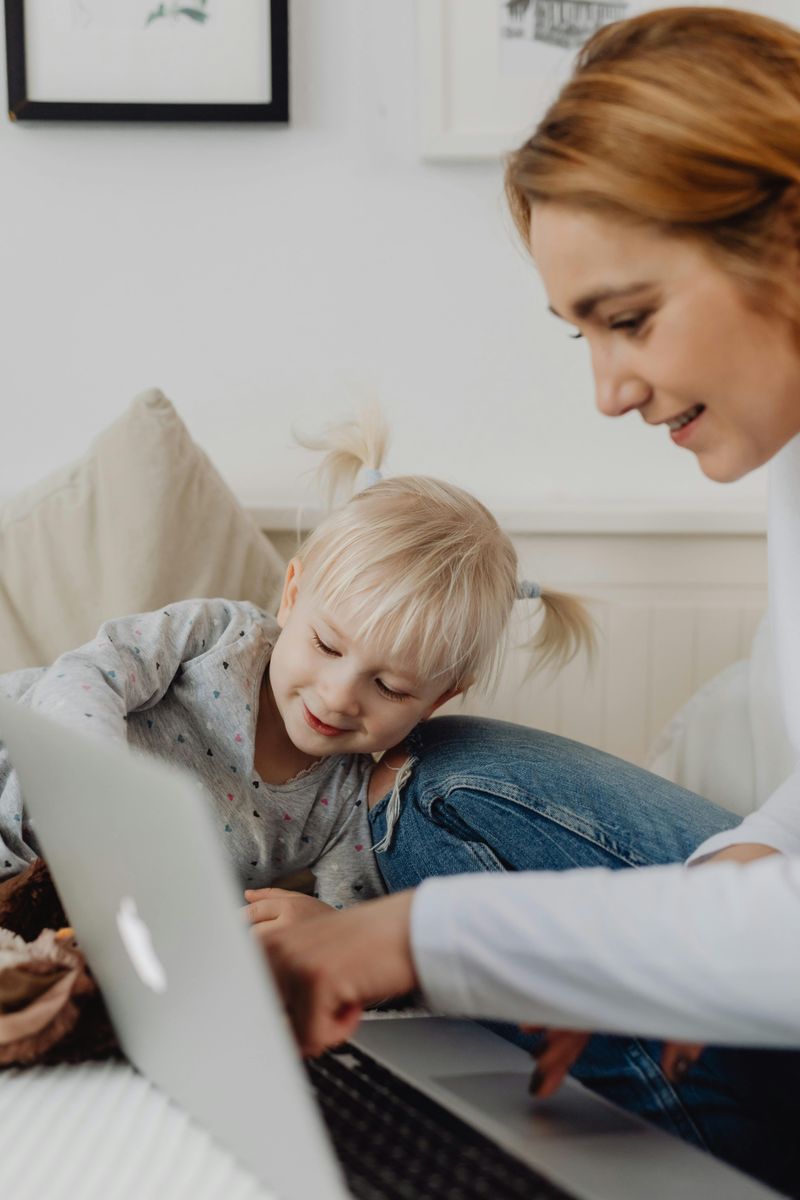
Even when kids are physically apart from their parents, technology bridges the gap. With FaceTime calls, GPS trackers, and instant messaging, parents are never truly “gone.”
This constant line of communication gives comfort but can also make separation anxiety worse. A child who knows they can text mom from the lunchroom may never learn how to self-soothe in uncomfortable moments.
The digital leash feels safe — and in many ways, it is. But it also creates an emotional feedback loop that can make both parent and child feel uneasy without constant connection.
4. The Pandemic Deepened Emotional Dependence

When the world shut down, family became the entire universe for millions of kids. Homes turned into classrooms, playgrounds, and offices — and boundaries between parent and child dissolved overnight.
Those years shaped today’s youngest generation in powerful ways. Many kids who spent early childhood in lockdown simply didn’t have the same opportunities to socialize or practice independence.
Now, as life has returned to “normal,” that closeness can be hard to undo. For many families, the emotional glue that held them together during uncertain times hasn’t worn off — and maybe that’s okay.
5. The Psychology of Over-Attachment
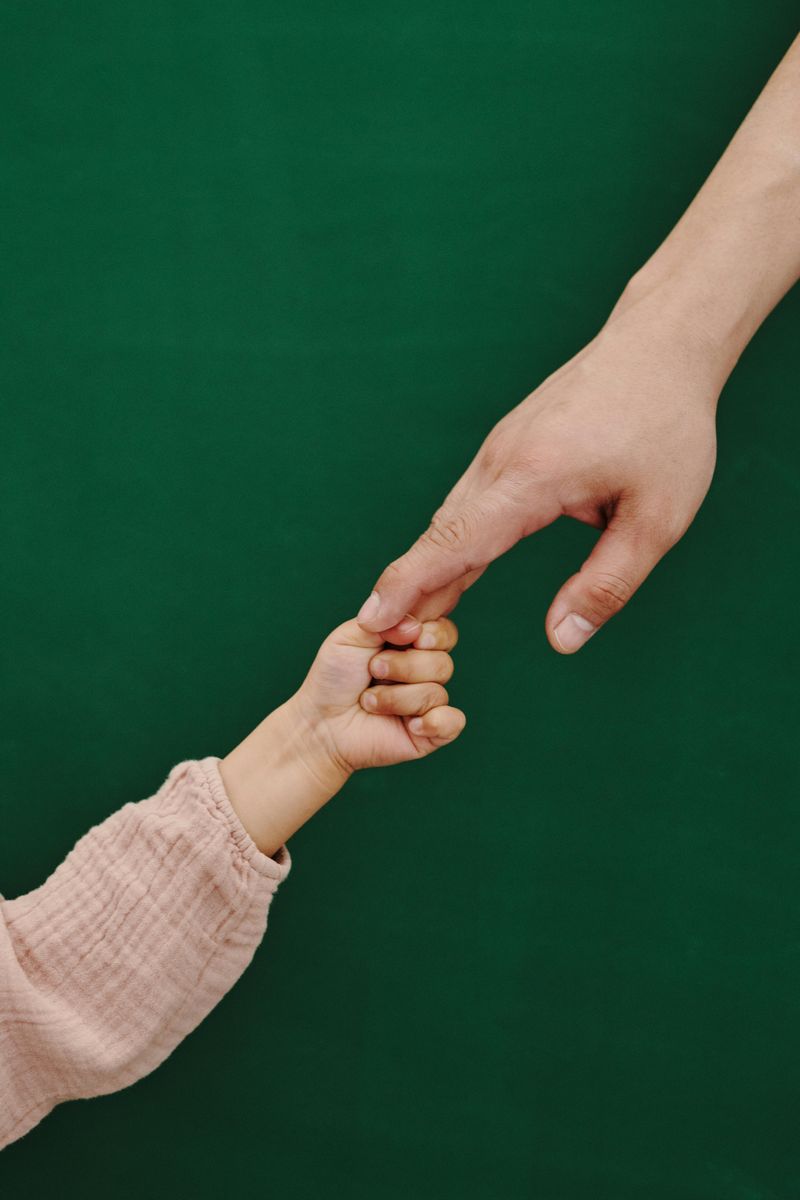
Attachment theory tells us that secure bonds form the foundation of emotional health. But when comfort becomes dependency, those same bonds can stifle growth.
Over-attachment can make kids fearful of failure or exploration. They may hesitate to try new things, fearing what might happen without a parent’s reassurance.
It’s a tricky balance — because what begins as love and protection can easily turn into a subtle form of control. The key isn’t less affection, but more confidence in your child’s ability to stand on their own.
6. The Hidden Upside of Raising “Velcro Kids”
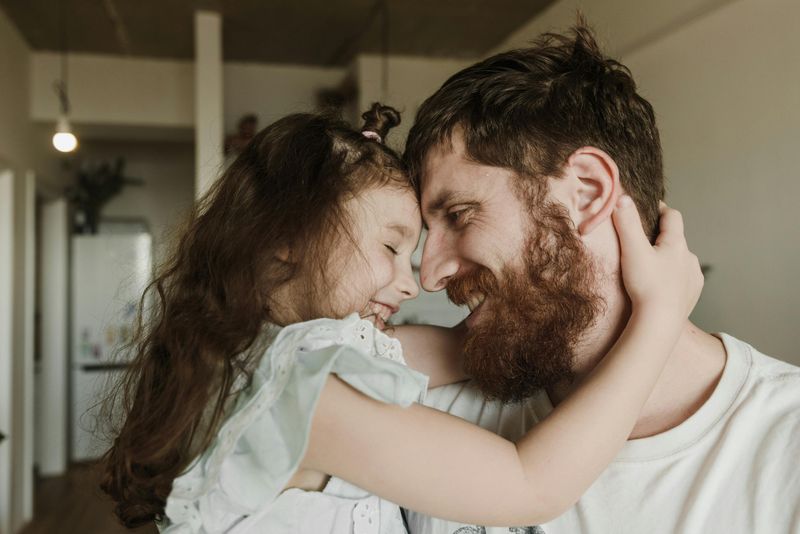
It’s not all negative — in fact, some experts argue that close attachment sets kids up for emotional strength. These children often grow into adults who are empathetic, thoughtful, and in tune with others’ feelings.
They tend to communicate better, express emotions openly, and value relationships deeply. That’s a far cry from generations that were told to “toughen up” and suppress emotion.
If anything, these kids may become the most emotionally intelligent generation yet. Their closeness might just be the first step toward creating kinder, more self-aware adults.
7. The Downside: Struggles With Independence
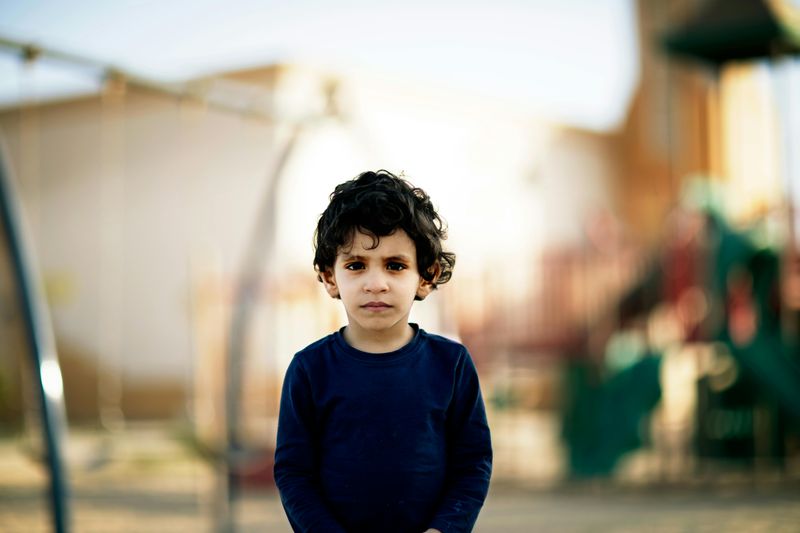
The flip side is that too much comfort can lead to hesitation. Some “Velcro kids” struggle with making decisions, taking risks, or managing disappointment without guidance.
You’ll often see this when a child resists sleepovers, avoids new experiences, or constantly checks in with a parent before making a move. It’s not fear — it’s unfamiliarity with being on their own.
Over time, those small dependencies can snowball into bigger struggles with confidence. Independence takes practice, and when parents always step in, kids don’t get enough chances to build it.
8. How Parents Accidentally Reinforce Clinginess
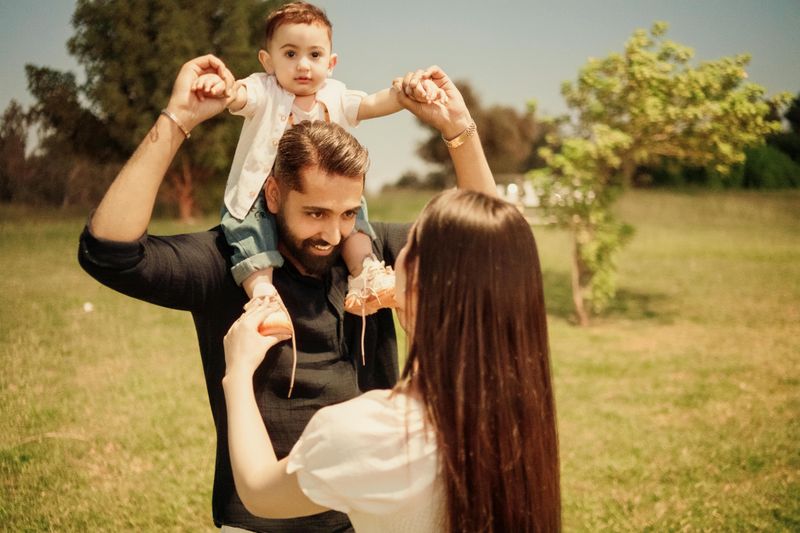
Even the most well-intentioned parents can feed into clingy behavior without realizing it. Constantly rescuing kids from discomfort sends the message that they can’t handle things on their own.
From double-checking homework to calling teachers on their behalf, these small acts of protection build a pattern of reliance. Kids learn that help always comes quickly — sometimes before they even ask.
While that may feel loving in the moment, it quietly chips away at resilience. The goal isn’t to stop supporting them — just to give them space to try, fail, and discover their own strength.
9. Encouraging Independence Without Losing Connection

Fostering independence doesn’t mean cutting emotional ties — it means teaching kids that love doesn’t disappear when you step away.
Simple changes can make a big difference. Encourage solo play, let them make small decisions, and praise effort instead of perfection. These moments teach self-trust in bite-sized pieces.
When parents show faith in their child’s abilities, that confidence becomes contagious. Kids begin to see independence not as distance, but as growth.
10. Maybe It’s Not a “Problem” — Just a Different Kind of Parenting

Perhaps what we’re calling “Velcro parenting” is simply a new expression of connection. Millennials aren’t afraid to love loudly and be present — and that’s not something to apologize for.
Every generation reacts to the one before it. If today’s parents are raising kids who cling a little tighter, maybe it’s because they wanted to fix the emotional gaps they felt growing up.
In the end, raising “Velcro kids” might just mean raising humans who value closeness, empathy, and emotional safety. And honestly, the world could use more of that.

Comments
Loading…